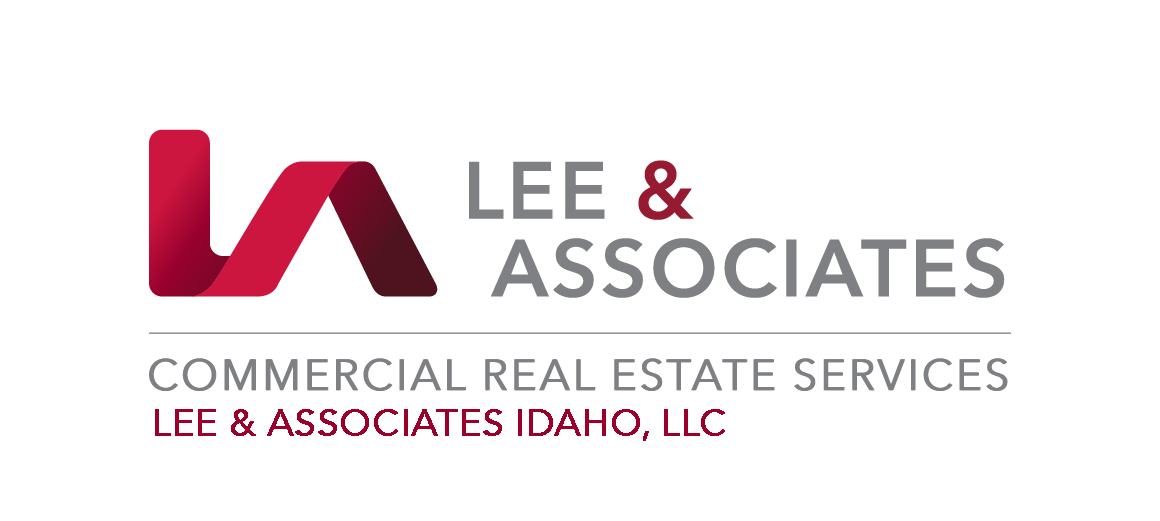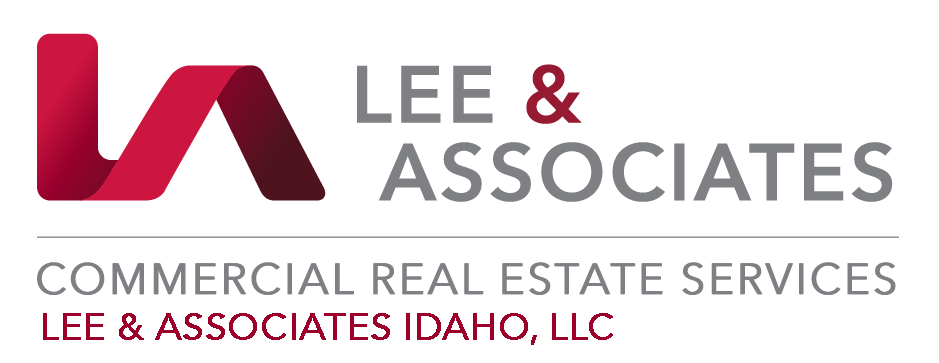Monthly Market Reports - Single Family Residential Housing
/While these numbers are residential and not commercial it is still very relevant to the commercial real estate in the valley. The saying goes that “commercial follows residential.” If that continues to be the case the commercial market, which is already very strong, has more runway ahead of it.
According to WalletHub.com Boise is #1 in 2020's Best Real Estate Markets.
Resale Homes
Ada Co. closed 954 homes in the month of July 2020. We are down however from the YTD numbers in 2019 by 94 units or a -2%. Shortage on inventory continues to hold down these numbers.
Canyon Co. closed 322 homes in July. We are down by 41 units or a -2% from YTD last year.
Ada Co. average sale price YTD is at $393,407. This is up by $33,993 or a +9% increase over the 2019 average sales price.
Canyon Co. average sales price is at $264,773 YTD. This is up by $26,604 or a +11% increase over the 2019 average sales price.
Monthly Pending sales are at 1133 units per month. This is up by 82 units or a +8% over the 2019 average
Ada Co. available inventory is at 308 units. This is down by 540 units or a -64% from last July.
Canyon Co. available inventory is at 96 units. This is down by 228 units or a minus 70% from last July.
Ada Co. is at a 0.51 Months of Supply of homes. Canyon Co. is at 0.35 MOS.
New Homes
Ada Co. closed 2276 units YTD 2020. This is up by 182 units closed or a +9% over the same time period in 2019. .
Canyon Co. closed 1201 units YTD in 2020. This is up by 412 units closed or a +52% increase over the same time period in 2019.
Ada Co. average sales price for the year in at $452,369. This is up by $26,573 or a +6% over the 2019 average sales price.
Canyon Co. average sales price is at $318,026 YTD. This is up by $20,515 or+7% from the 2019 average sales price.
The average pending monthly sales for the combined counties is at 1426 units per month in 2020. This is up by 340 units or a +31% increase over the 2019 average.
Ada Co. showed 322 available new homes at the end of July 2020. This is down by 407 units or a -56% from July 2019.
Canyon Co. showed 118 available new homes at the end of July. This is down by 145 Units or a -55% from July 2019.
Ada Co. months of supply for new homes is at 1.08 months. Canyon Co. is at a 0.84 MOS.
If we look at the total market for the Boise MSA we have closed 9528 homes new and resale for the year 2020. This is up by 459 Units or a +5% over the YTD numbers in 2019.
Narrative From a Third Party Title Company
I have been producing these reports for well over 20 years. I have seen a lot of ups and downs. However what we are witnessing in our housing market locally in absolutely astounding! I know the numbers are real as I’m the one putting this report together myself. However just when I don’t think things can get any crazier they do. That comes through loud and clear with this month’s numbers.
Starting with the resale market in Ada Co. are YTD numbers are down by 94 units. But if we look at the sales in July we are up by 123 units or+15% over July 2019. The demand is so high for housing the market simply gobbles up whatever hits the MLS. Canyon Co. is somewhat different as we are just not getting enough resale listings to keep up with demand. We are down in Canyon Co. by 41 units closed in 2020 compared to 2019. If we look at the months of supply we are at 0.51 months in Ada Co. and 0.35 months in Canyon Co. Never in the history of this business have we seen numbers like this. If we look at the average sales price for the year in Ada Co. we are at $393,407 YTD. This is up by $33,993 or a +9% over the 2019 average sales price. Canyon Co. is at $264,773 YTD fir an average sales price. This is up by $26,604 or a +11% from the 2019 average sales price. Pending sales for the combined counties is running 1133 units per month YTD. This is up by 82 units or a +8% over the 2019 monthly average. Ada Co. had 308 units available at the end of July. This is down by an eye popping 540 units or -64% from July 2019. Canyon is not different. Canyon Co. showed 96 available resale homes at the end of July. This is down by 228 units or a -70% from July 2019.
Ada Co. new homes closed 436 units in July 2020. This is up by a whopping 132 units or +43% over July 2019. YTD we are up by 182 more homes closed or a +9% increase over YTD 2019.
Canyon Co. closed 251 units in July. This is up by 132 more units closed or a +111% over July 2019. YTD we are up by +412 units closed over the YTD numbers. We have closed 1201 units compared to 789 YTD 2019. That a 52% increase in sales. The average price of a new home in Ada Co YTD is at $452,369 which is $26,573 or a plus 6% jump over the 2019 average sales price. Canyon Co. is at $318,026 average sales price in 2020. This is up by $20,515 or +7% over the 2019 average sales price. Pending sales for the combined counties is at 1426 units per month. This is up by 340 units or a +31% increase over the 2019 monthly average. Ada Co. showed 322 available new homes at the end of July. This is down by 407 units or a 56% decrease from last July. Canyon Co. showed 118 available new homes in July. This was down by 145 units or a -55% from July 2019. Ada Co. months of supply stands at 1.05 months. Canyon Co. is at 0.84 months.
If we look at total sales for the year we are at 9528 units. This is up by 459 units closed over the YTD numbers in 2019. This is an increase of overall sales by 5%.



